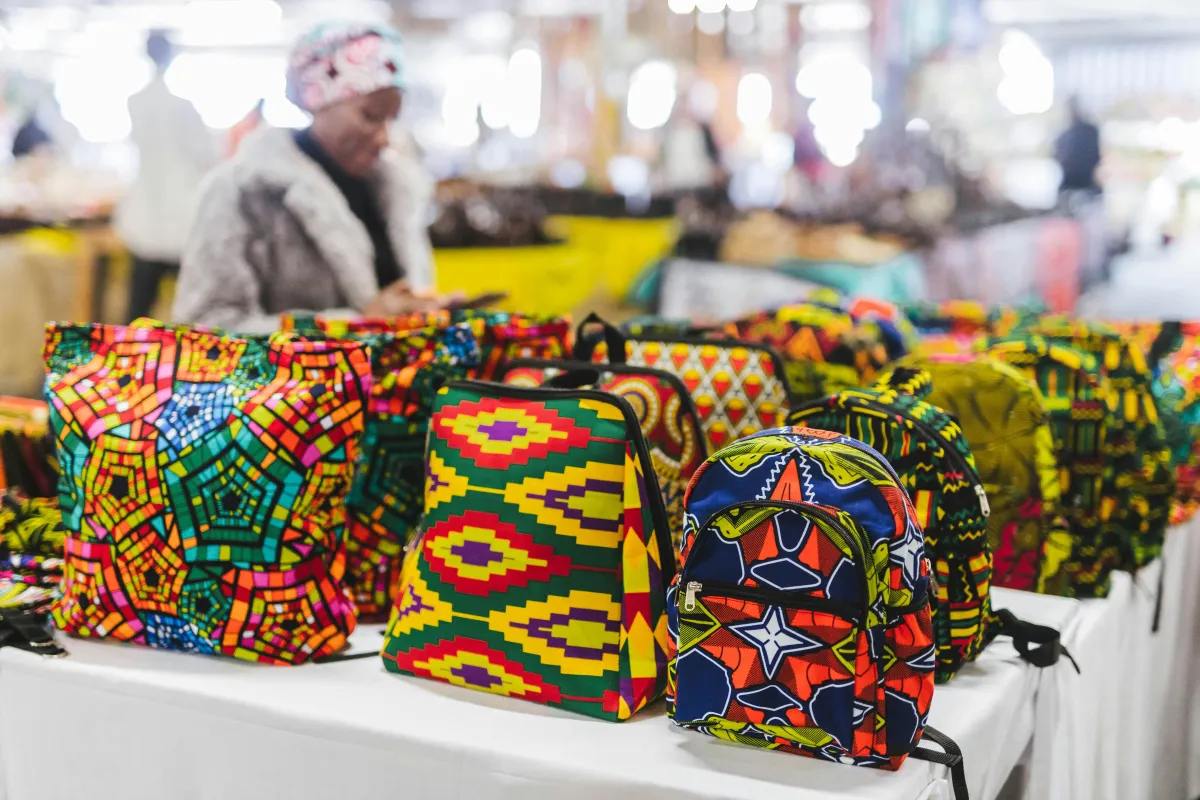
Royal Charters & Business Ethics
Royal Charters & Business Ethics
In history, trade did not begin with paperwork, it began with permission. In Europe, kings and queens issued Royal Charters as seals of authority, allowing merchants to open ports, form companies, and expand empires. From the UK to Norway, those charters created household names that still exist today.
South Africa also has government licences, the CIPC registers a company, SARS issues tax numbers, and Municipalities issues permits. But we do not yet have what our ancestors valued most: the blessing of our kings.
“A Royal Charter is not about compliance. It is permission from our own leaders to trade with dignity.”
The Challenge
South Africans are urged to buy local and support black business. Yet too often, local shops are undercut by undocumented traders, cheap imports, or companies with no accountability and no loyalty to our traditions. Middle-class families want to support homegrown enterprises, but they need a standard they can trust.
The Proof of Concept
The Muslim community built a multi-billion-rand halal economy by certifying food under religious authority. Customers know exactly what their money supports. In the same way, a Royal Charter will become a seal of integrity for African business, ensuring that buying local means empowering local.
“What halal is to food, the Royal Charter will be to African business.”
RACC’s Response
We are restoring the symbolism of the ancient practice of charters. Businesses that earn a Royal Charter issued by RACC under the authority of the Royal Leaders of South Africa (ROLESA), and verified by CIBA, commit to ethical governance, cultural respect, and reinvestment into their communities. This is not duplication of government licences; it is the missing dimension that connects business to heritage. A CIPC certificate may register a company, but a Royal Charter recognises its soul.
Why It Matters
For the middle class, it guarantees that every rand spent strengthens families, jobs, and communities.
For entrepreneurs, it attracts customers, donors, and investors who want trusted partners.
And for kingship, it reclaims its role as guardian of prosperity: not as a relic of the past, but as an active force in Africa’s future.
“When you buy from a Royal Charter business, you know they are bound to invest in your community and honour your heritage.”
